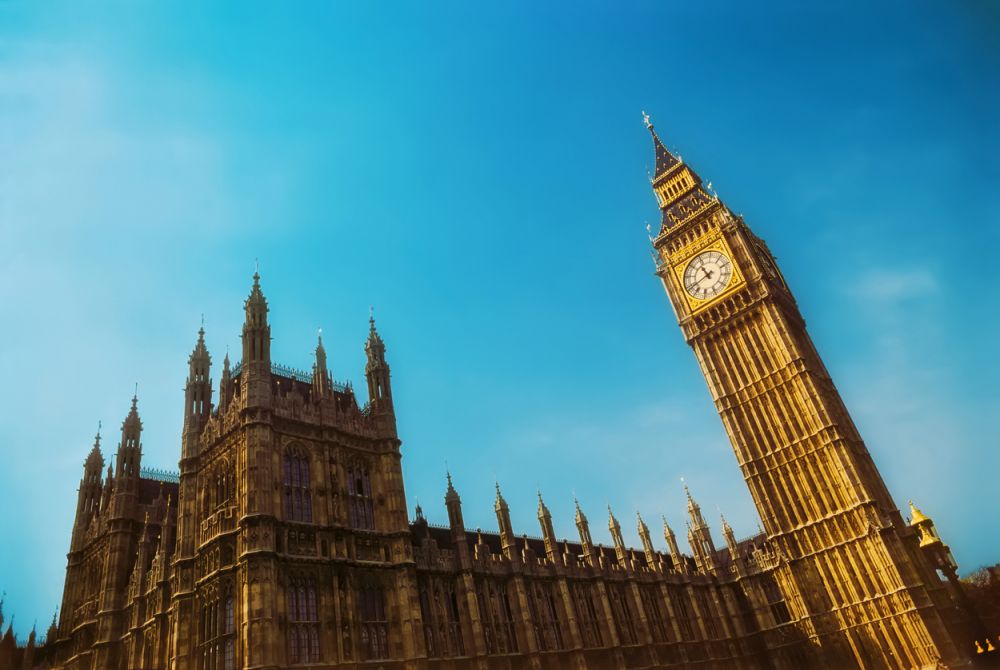UK Government Accused of Breaking Nature Promises Over Controversial Planning Bill
The Wildlife Trusts and the RSPB have condemned Part 3 of Labour’s Planning and Infrastructure Bill, warning it threatens to undermine the UK's biodiversity goals by weakening protections for vital natural habitats

Two of the UK’s leading conservation organisations, The Wildlife Trusts and the RSPB, have issued a sharp statement to the Labour government, accusing it of backtracking on its environmental promises.
Earlier this year, the government outlined its commitment to the implementation of UN COP15 biodiversity framework by publishing its National Biodiversity Strategy & Action Plan (NBSAP), showing how it intends to deliver 30by30- protecting 30% of the UK’s land and sea by 2030. The latest criticism from charities centres on Part 3 of the recent Planning and Infrastructure Bill, which they say would allow developers to damage protected natural sites in exchange for contributing to a central nature fund, a move they describe as a “licence to destroy.”
The organisations argue the proposed legislation weakens longstanding safeguards for nature, particularly those designed to protect irreplaceable habitats like ancient woodlands, chalk streams, and important wildlife sites such as the Peak District Moors. They claim that despite repeated warnings from experts and conservationists, ministers have refused to strengthen the bill or consult meaningfully on its impacts.
New research released alongside their joint statement undermines claims that environmental protections are stalling development. An analysis of over 17,000 planning appeals in 2024 found that wildlife concerns, often blamed by sensationalist media and ministers for delays, played a role in less than 3% of cases. The evidence dismantles the government’s narrative that species like bats and great crested newts are a barrier to growth.
The backlash has intensified following the rejection of proposed amendments by NGOs and MPs to better protect vulnerable habitats. The Wildlife Trusts have joined forces with the RSPB to call for the Nature Recovery part 3 of the Bill to be removed.
In a strongly worded response, Craig Bennett, Chief Executive of The Wildlife Trusts, accused Labour of breaking its election pledge to restore nature- “The so-called Nature Recovery part of the Bill is a Trojan horse – it’s a misnomer because, in reality, it is a licence to destroy. It replaces vital nature protections with a weaker substitute, and has been described by the Government’s own nature watchdog as ‘environmentally regressive’ because it puts irreplaceable habitats and threatened species at risk.”
Beccy Speight, RSPB Chief Executive, said: “Despite engaging in good faith with the UK Government for many months, it’s now clear that the Bill in its current form will rip the heart out of environmental protections and risks sending nature further into freefall.”
Read the full press release here
Read the new report, Planning & Development: nature isn’t the problem here



